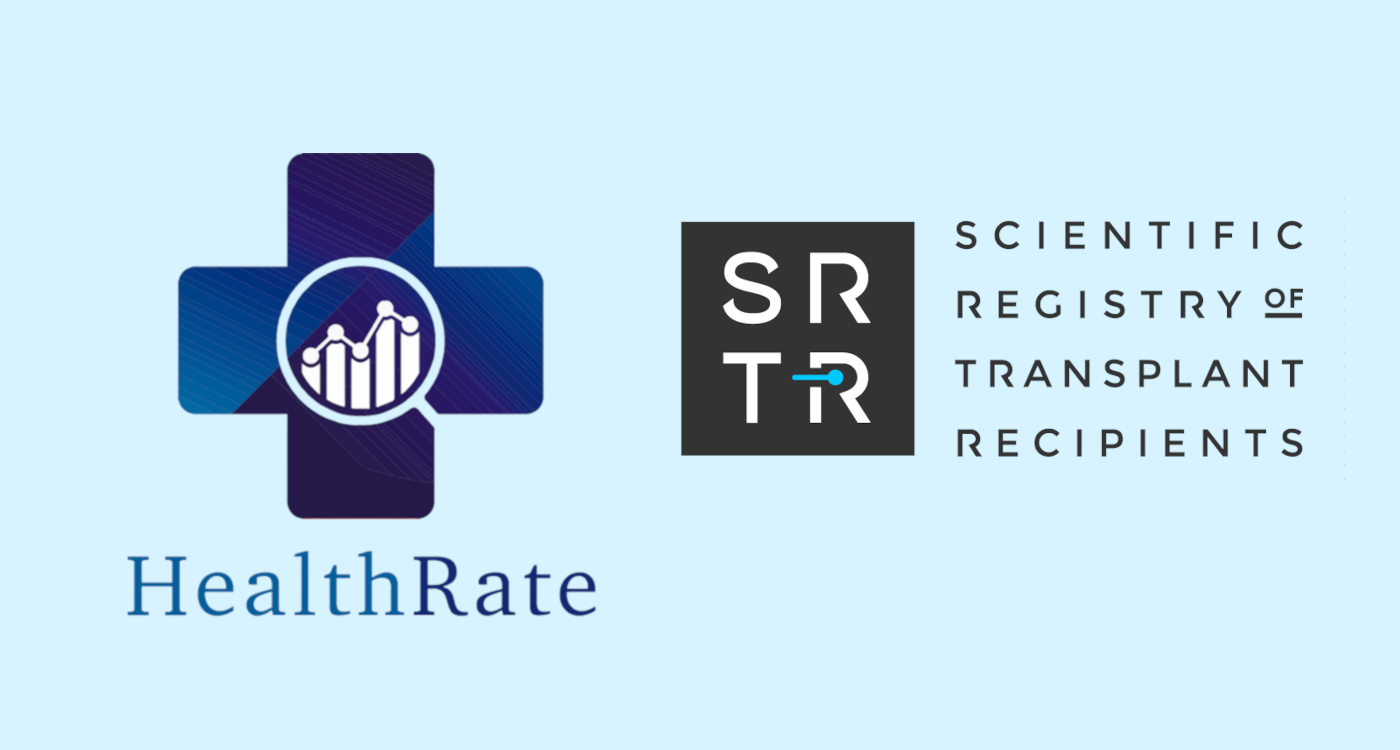
HealthRate has built a platform that makes something previously complex remarkably simple: finding the lowest-cost, highest-value providers for high-dollar medical procedures like organ transplants, complex oncology, cell and gene therapies, and bone marrow transplants.

The Problem: Massive Cost Variation with No Visibility
Let’s say a patient in California needs a multi-organ heart and lung transplant. Same diagnosis, similar age, same outcome. But one network costs $1.02 million, the other $3.2 million.
That difference isn’t a billing error. It’s the reality of our current reimbursement landscape — where most payers, employers, and stop-loss carriers don’t have a way to compare actual reimbursement rates across networks.
Our Solution: Price Transparency That Actually Matters
HealthRate changes that. Our platform lets payers:
- Search by service type (e.g., liver transplant, CAR-T therapy)
- Compare reimbursement rates across centers, networks, and regions
- Identify opportunities to save $50K to $2M+ per episode of care (with no change to the care team, hospital, or patient pathway)
This isn’t about steering patients to discount centers or disrupting referrals. It’s about making smart choices within existing networks by exposing negotiated rate differences that were previously invisible.
Why This Matters: Real Numbers, Real Savings
We’ve seen:
- $300K+ savings on average for single organ transplants
- >$1M variance on some CAR-T cases within the same “preferred” network
- Premium reductions and step-down deductibles with stop-loss carriers after engagement with
And all of this is claims-matched and outcome-adjusted — meaning you’re not just choosing cheaper care, you’re choosing equally effective or better care at a lower cost.
If It’s This Simple… Why Isn’t Everyone Doing It?
It’s a fair question. The data exists. The tools now exist. But many payers and employers still operate under the assumption that their current network is “as good as it gets.”
It’s not.
If you could reduce catastrophic claims exposure by hundreds of thousands without changing the patient’s experience — why wouldn’t you?
Let's talk.
Whether you're managing a self-funded employer plan, underwriting stop-loss policies, or running a TPA — HealthRate can show you how much you're overspending, center by center, claim by claim.
Manage Your Risks Effectively
Try HealthRate today and simplify risk management.





